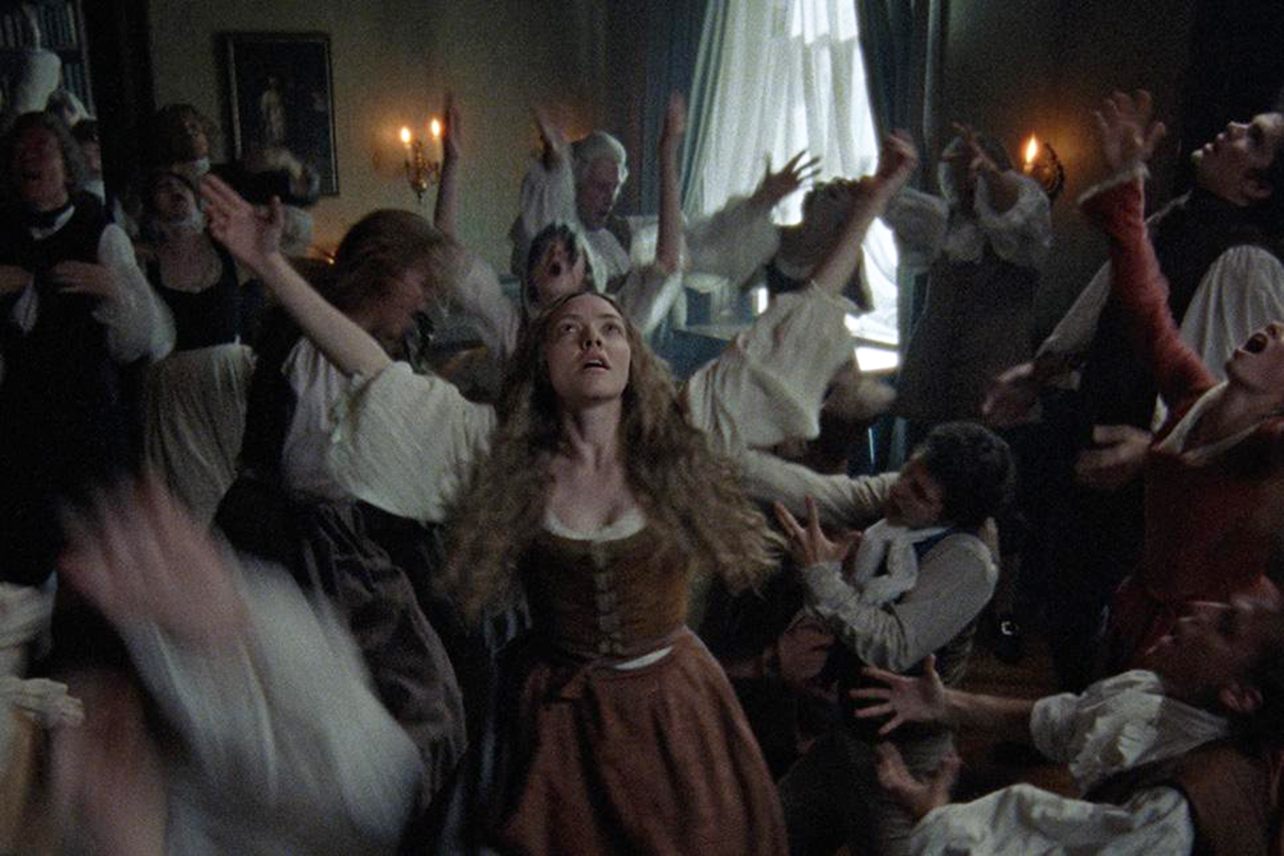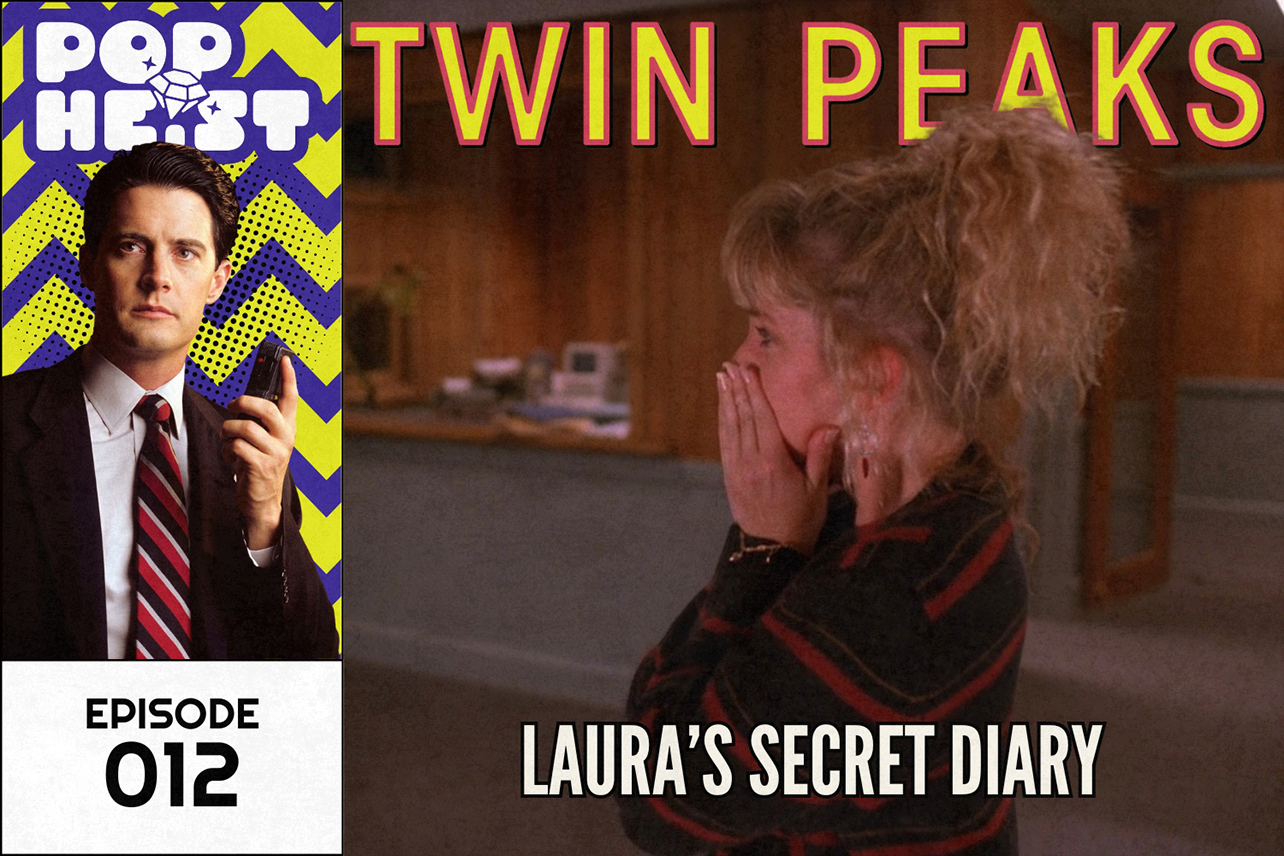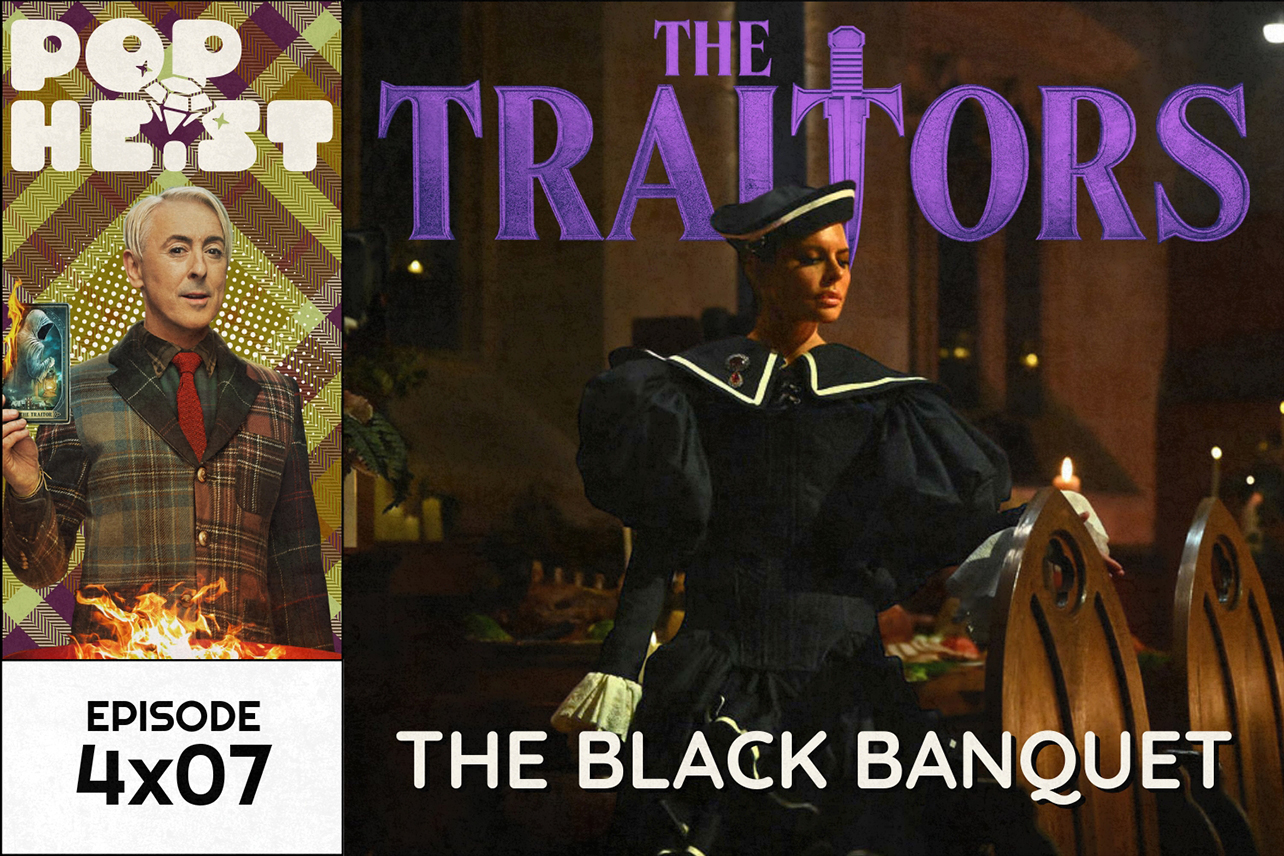The Testament of Ann Lee
Writer: Brady Corbet, Mona Fastvold
Director: Mona Fastvold
Cast: Amanda Seyfried, Thomasin McKenzie, Lewis Pullman, Stacy Martin, Tim Blake Nelson, Christopher Abbott, Matthew Beard
It feels disingenuous to The Testament of Ann Lee's director Mona Fastvold to couple and compare it with Brady Corbet's The Brutalist, but her writing and life partner's Oscar-nominated tour-de-force feels like the A-Side to her B-Side — and not just because the opening credits use a similar stylistic font or that they premiered on 70mm at the Venice Film festival 12 months apart. Both are grand-scaled epics of immigrants arriving in America and experiencing disregard for their beliefs.
With The Brutalist, that person was a persecuted Hungarian-Jew in the 1900s; for The Testament of Ann Lee, it is a cradle-to-grave telling of Methodist church leader Ann Lee (a very game Amanda Seyfried) and their emigration in the 1700s. However, the stark difference between the two films is trust in the audience; The Brutalist has faith, while The Testament of Ann Lee — ironically — does not.
This is predominantly due to the quite egregious narrative crutch employed by Fastvold and Corbet's script in the form of a voiceover (from a long-time follower of Ann Lee played by Thomasin McKenzie). This is a testament after all, so it makes sense to feel like you're in a sermon listening to a parable. But this makes the entire affair feel less like a movie that one can be emotionally immersed in, where you experience the tribulations of Ann Lee through a lens of one's empathy. It is instead one where you are told both how to feel and what the characters on display are going through. If The Brutalist was "show," The Testament of Ann Lee is "tell."
The Testament of Ann Lee, Fastvold's third feature film, is the story of how Mancunian-born Ann Lee became leader of the Methodist church after the tragedy of four still births and the apparent childhood trauma of hearing her parents have sex. This religious sect believes that the temptations of the flesh will condemn one's soul and that prayer should be done through song and dance (this is quite obviously a substitute for sexual repression to contemporary eyes). The opening musical sequence shows Seyfried's manic-eyed Ann Lee and her Methodist brethren in this breathy, ritualistic song and dance. This lends them their Shaker nom de plume.
She somehow convinces seven others — including her husband (Christopher Abbot) and her brother, William (Lewis Pullman), who admits having once felt sexual desire for his sister — that she is the second coming of Jesus Christ and becomes Mother Ann to those who believe. She then travels to America with her cohort after experiencing visions given to her by the Christian version of God, in search of space amongst the rural boroughs of New York where they can create a utopian, diverse society free from sin and persecution.
It's a simple enough foundation that one expects to be ripe with complex conflict. Ann Lee's construction of an entire religion because she has a desire to be maternal yet dislikes sex while wanting equality for all is such a tantalizing text for the film to excavate — and yet the script finds nothing of interest to say. The production, made for a "measly" $10 million, is so ravishing — a physically constructed ship, where watery tendrils are seen lapping at the boughs in a storm, is a stunning set piece — that it is disappointing to see that all William Rexer's gorgeous cinematography serves is to disguise what little meat this script actually has to discuss.
Take Ann Lee and the Methodist church's stance on equality. When they disembark the ship and land in America, Ann Lee is immediately shocked at the existence of slavery and proceeds to yell "shame" at the traders bidding on Black bodies. This feels like a hinge moment in the film, in which the lens that we view Ann Lee's character through begins to sharpen. Alas this is more lip service, a tiny moment of perfunctory verve in a film lacking personality. A scene late in the film shows a single Black face working within the throngs of the Methodist followers, the inclusion of which feels low-key tokenistic when we are never once shown Ann Lee (or William) attempting to fight slavery, nor even attempting to free any Black folks from their imprisonment.
It goes back to the issue of how the film is constantly telling rather than showing. McKenzie's voiceover tells us about Ann Lee being imprisoned for supposed treason — the pacifist Mancunian (whose Manchester accent is more broad Yorkshire, and occasionally becomes infused with a Scottish twang) refuses to fight the British — yet we barely see her imprisoned, hearing about it second hand. We hear about death through hearsay and experience no emotional pull for the loss. In a film that is also very much a musical (Seyfried sings on screen for the first time since Mamma Mia!), it is quite frustrating to not even experience this hearsay through song, which might have made the film feel less parabolic.
The music element — which often packs a real punch and is how the film maintains a breakneck momentum — to this historical epic is also where we find the film's tonal crisis. Forgiving for a moment that the lyrics to these songs are as eye-rolling repetitive as they are (they are based on real chants by the Shaker community), the sequences are often tonally strange within this otherwise straight-laced biopic. A central scene has one of the Shakers place their finger in the air as if possessed by the will of God. He starts wiggling it and his arm before setting off, sprinting through fields in full song. He directs his compatriots towards the location while singing terribly, where they find a clearing to set up their community. It is perhaps the most guilty culprit of this unusual tone, as it earned looks and laughs of incredulity from the Venice audience (including this critic, who mouthed "what in the actual fuck is this?" to a fellow journalist in the next seat).
It must be said that Seyfried is often an extraordinary screen presence with what she has to work with. While she has a proven track record with musicals, her voice is as stellar here as it ever was. The grand musical set pieces are enjoyable enough, but there's an annoyingly clean sheen to the film, not the least within the fact that the film tracks across thirty years and Thomasin McKenzie, even with the addition of crows feet by the makeup department, remains looking like the youthful 24-year-old she is. The same applies to Seyfried, whose only addition to indicate her age and hard-worn, weary life is a despondent look and a sliver of grey across her temple. There's an undeniable argument towards this being the result of an unreliable narrator, but if you're going to revise history in this way, why would you tell a story that makes the religion itself a slightly laughable ordeal?
There's a lot to respect and appreciate in The Testament of Ann Lee as the film looks and sounds phenomenal, but one is left curious what we are supposed to glean from a film that employs such a confused tone. It doesn't know if it wants audiences to idolize, criticize or sympathize with Ann Lee's tale, so it lands square in the middle, placing itself in a state of thematic no man's land as it tries to do all of this — sometimes in the same scene. The sad truth is that The Testament of Ann Lee wants the leader of the Shaker movement to be this deliciously knotty cipher but instead just portrays her as someone who existed before therapy, her personal traumas laid down as bedrock for a religion instead of being worked through.






